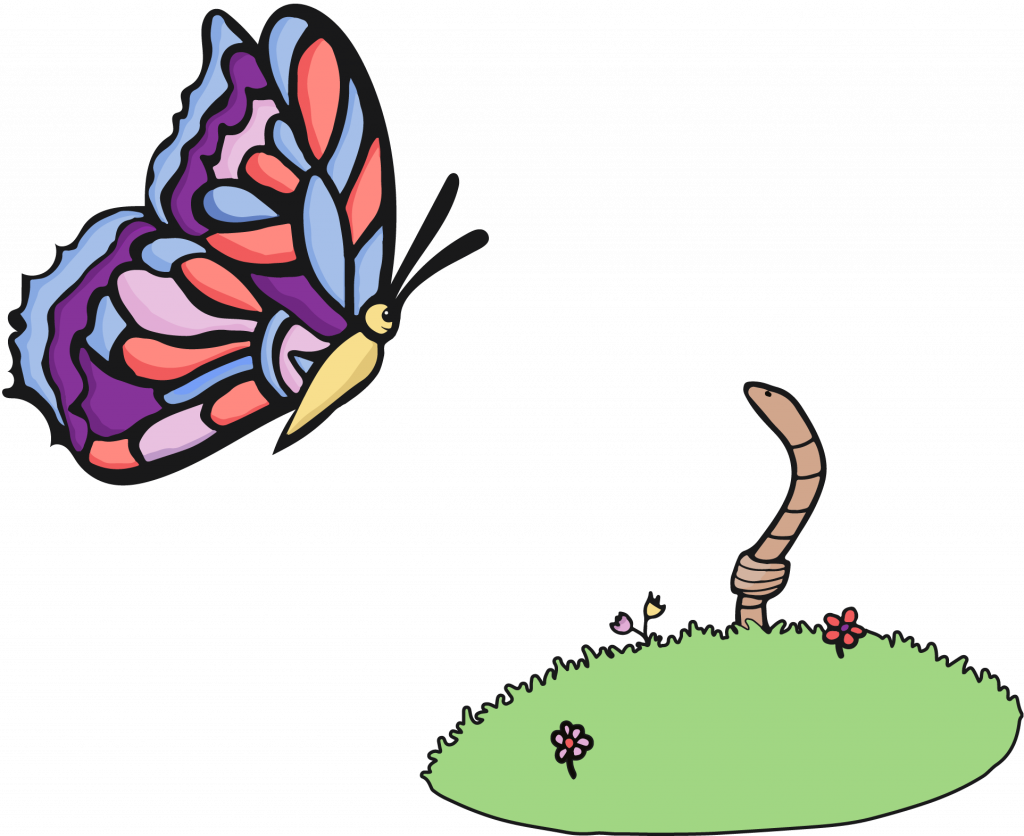You are not logged in.
If you would like to save your progress as you complete our Toolkit, please log in to your WWDA account. If you are not a WWDA member, become a member here (it’s free!).
Glossary
Introduction
Leadership Principle: Challenging and transforming traditional views of leadership
Leadership Principle: Value diversity and lived experience
Leadership Principle: Nothing about us without us
Leadership Principle: Lead by lifting others up
Leadership Principle: Care for self to care for community
Safe leadership
Mentoring
Activity 1: Imposter syndrome and self-esteem journal
Imposter syndrome
Imposter syndrome is when someone thinks they are incapable, despite achieving success. It’s common, especially among women and gender diverse people with disabilities, who might face stereotypes about their abilities and gender. Feeling out of place or doubting yourself occasionally is normal, but constant doubt might indicate imposter syndrome. This mindset can lead to negative emotions like depression and low self-esteem, social isolation, and missing out on opportunities. Writing a journal in which you challenge these thoughts can help you identify negative thought patterns and turn them around.
Traits
- Setting unrealistic, high standards for ourselves
- Thinking you are not qualified or good enough for your role or task etc
- Feeling like an outsider
- Focusing on negative feedback and ignoring positive feedback
Consequences
- Missing out on opportunities
- Low self-esteem and confidence
- Anxiety and depression
- Social isolation
- Burnout
- Low productivity
Learning opportunities all around us
It is common for people that experience imposter syndrome to be perfectionists. This is when someone sets themselves high standards in everything they do. When these high standards are not achieved, they will often feel disappointed with themselves. It is important to recognise that no one is perfect and that we are continually learning. That is why changing our mindset to consider the positive in situations can help. We can choose to look at every situation as an opportunity to learn and grow.
Think of a time when you experienced imposter syndrome and answer the following questions.
What was the situation?
What were your thoughts and feelings during this situation?
How could you have thought about the situation differently? For example, “I know I can’t do that” could become, “I have done things I thought I couldn’t do before. Perhaps I can make a start and see how I go.”
What have I learnt from this situation?
How does what I’ve learnt inform my leadership?
Were your thoughts true? For example, if you thought everyone at a new workplace was going to see you were not capable, was that true? What are some alternate thoughts, such as: “I was nervous when I first started in my last job, but everyone was understanding that I was new, and I got the hang of it more quickly than I expected!”
How can I support others when they experience imposter syndrome?
Now share this activity with your mentor, a trusted friend or a family member. Ask them to share any positive lessons to learn from this experience that you may not have considered.

